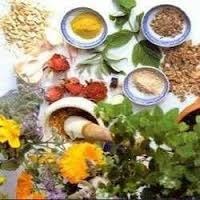

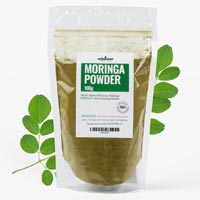
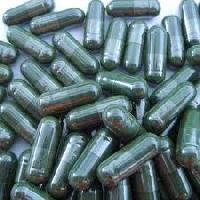
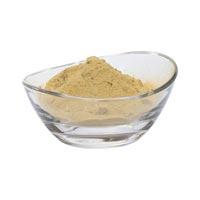
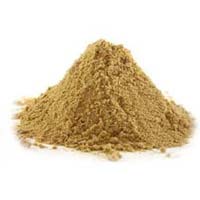

Organic Ashok Bark Powder
400 Per Kilogram
200 Kilogram (MOQ)
Introducing Shymaa Naturals Ashok chal Powder, a 100% natural and pure Ashoka bark powder derived from the renowned Ashok tree. This ancient Ayurvedic powder, also known as Ashok Chhaal Powder, Ashok ki Chaal Churna, Ashoka Bark Powder, Ashok Chal Powder, Ashok Chhal, Ashok Ki Chaal Powder, Sita Ashok Chhal, or Saraca Ashoka Bark Powder, has been used for centuries in traditional Indian medicine. Renowned for its versatile therapeutic properties, this fine powder can be incorporated into various remedies and formulations. Whether you seek to harness its potential benefits or explore its culinary applications, this premium-quality Ashok chal Powder from Shymaa Naturals promises authenticity and purity. Embrace the wisdom of Ayurveda with this exceptional product Additional Information: Production Capacity: 2000KG Per Day Delivery Time: Always on Time Packaging Details: Third Party Manufacturing

Ashoka Extract
Get Price Quote
Ashoka helps to manage various gynecological and menstrual problems in women such as heavy, irregular, and painful periods.
Best Deals from Ashoka Powder

Ashoka Extract Powder
Get Price Quote
We are offering ashoka extract powder. specifications ashoka saraca indica extract saraca indica tannins> 25% origin : india ayurvedic herbal extract ashoka bark extract saraca indica tannins> 5 ~ 25% 12:1 ratio asoka (saraca indica) asoka is one of the cardinal herbs recommended in scriptures of ayurveda for umpteen gynaecological problems in women. This plant is known to us since ages, as mention of this plant has been made in ramayana, where sita after abduction was confined in asoka vatika. We also have references of lord buddha’s birth under asoka tree. The herb is aptly said to be a companion of women as it rejuvenates the female reproductive system and is salutary in treating various gynaecological problems. (nighantu katnakara) asoka tree grows all over india; it is found growing suitably at an altitude of 750 metres in the himalayas, khasi, garo and lushai hills. It is an evergreen tree, reaching a maximum height of 9 metres. It is not found to be cultivated on commercial scale, but in gardens, because of its decorative flowers and beautiful foliage. The branches of the tree are glabrous and drooping. The leaves are 30-60 cm in length, in 2-3 pairs of lanceolate leaflets. The flowers are orang-yellow, fragrant, in dense corymbs. They are 8-10 cms across, calys yellow to orange and finally red. Its stamens are 7 to 8 and filaments are filiform. The bark is dark brown to grey in colour and it is collected from the plant by making longitudinal and transverse incisions. Asoka blooms in the summer and bears fruits in october. the botanical name of asoka is saraka indica and it belongs to family caesalpiniaceae. Asoka has been often confused with polyalthis longifolia, which is called as false asoka, sitosterol, quercetin, kaempferol, glucoside isolated from flowers. Isolation of leucopelargonidin-3-o-d- glucoside, leucopelargonidun and leucocyanidin along with sitosterol from stem bark isolated. properties asoka is bitter and astringent in taste, pungent in post digestive effect and has a cold potency. It alleviates vata and kapha dosas. It possesses laghu (light) and ruksa (dry ) attributes. (bhavaprakasa) it is beneficial in the treatment of excessive uterine bleeding, dysmenorrheal – painful menstruation, bleeding piles, leucorrhea and many other diseases. uses the skin of the bark, seeds, flowers and the fruits of asoka are used for medicinal purpose. This herb is seldom used externally. When used externally, the paste of its bark – skin is beneficial in combating pain associated with oedema or swelling.